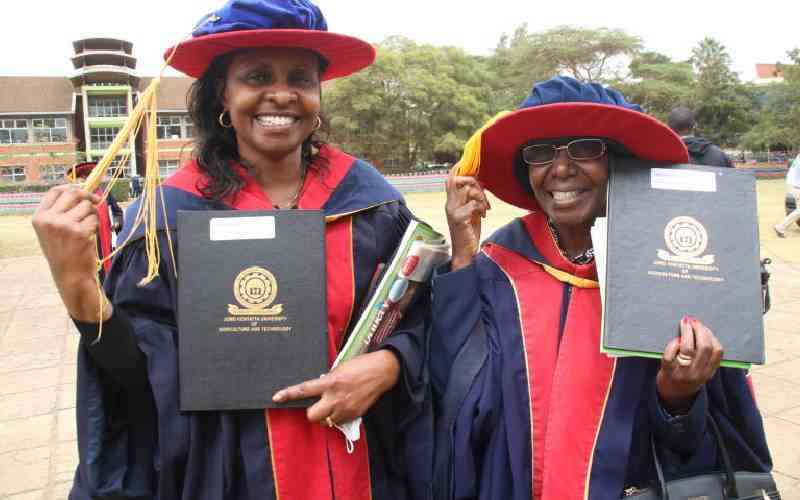×
The Standard e-Paper
Fearless, Trusted News

When everyone was scrambling for the elusive Covid-19 vaccine, the government created an unnecessary hula baloo by insisting that no one should go for any other jab apart from the government sanctioned and administered Astra Zeneca.
I thought this storm in a tea cup was pointless and at that time a political statement meant to humiliate then Deputy President William Ruto who had gone against the grain by getting vaccinated with a Russian Sputnik V shot.